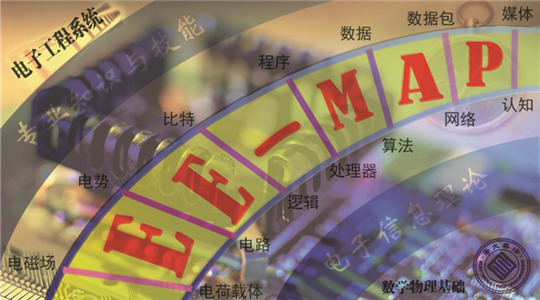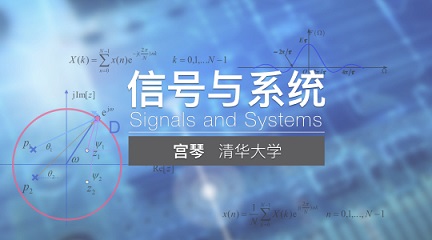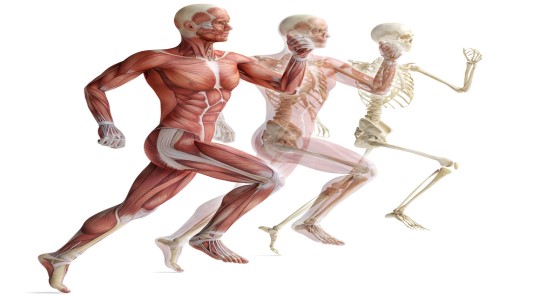
批判性思维课程:前往报名学习
批判性思维的课程指导学生对自我的批判性思维意识和能力进行检视和反思,教授与引导学生转换现有思维、发现问题、寻找漏洞、提出质疑、检验证据、提出假设、组织辩护,可以应用于一切题材、所有学科。
开设学校:湖北大学;学科:哲学、
批判性思维的课程指导学生对自我的批判性思维意识和能力进行检视和反思,教授与引导学生转换现有思维、发现问题、寻找漏洞、提出质疑、检验证据、提出假设、组织辩护,可以应用于一切题材、所有学科。
-1.1 What Is Critical Thinking?
--1.1 What is Critical Thinking?
-1.2 Why Study Critical Thinking?
--1.2 Why Study Critical Thinking?
-Quiz 1
-Critical Thinking: Knowledge, Skills and Attitudes
--html
-2.1 Claims
-2.2 Issues
-2.3 Arguments
-2.4 Identifying Premise and Conclusion
--2.4 Identifying Premise and Conclusion
-2.5 What Arguments Are Not
-Quiz 2
-3.1 Two Kinds of Arguments
-3.2 Distinguishing Deductive and Inductive Arguments
--3.2 Distinguishing Deductive and Inductive Arguments
-3.3 Validity and Soundness of Deductive Arguments
--3.3 Validity and Soundness of Deductive Arguments
-3.4 Strength of Inductive Arguments
--3.4 Strength of Inductive Arguments
-3.5 Techniques for Understanding Arguments
--3.5 Techniques for Understanding Arguments
-Quiz 3
-4.1 Clarity, Precision, Accuracy, and Relevance
--4.1 Clarity, Precision, Accuracy, and Relevance
-4.2 Consistency, Logical Correctness, Completeness, and Fairness
--4.2 Consistency, Logical Correctness, Completeness, and Fairness
-4.3 Vagueness
-4.4 Ambiguity
-4.5 Generality
-4.6 Defining Terms
-Quiz 4
-5.1 Tasks before Writing
-5.2 Writing Argumentative Essays
--5.2 Writing Argumentative Essays
-5.3 Essay Types to Avoid
-Quiz 5
-6.1 A Few Words on Credibility
--6.1 A Few Words on Credibility
-6.2 Credibility of the Claim
--6.2.1 Credibility of the Direct Observation
--6.2.2 Credibility of Background Information
-6.3 Credibility of the source
--6.3 Credibility of the source
-Quiz 6
-7.1 What Is Rhetoric Device and Why Use Rhetoric?
--7.1 What Is Rhetoric Device and Why Use Rhetoric?
-7.2 Euphemisms and Dysphemisms
--7.2 Euphemisms and Dysphemisms
-7.3 Weaslers, Downplayers, Hyperbole
--7.3 Weaslers, Downplayers, Hyperbole
-7.4 Stereotypes
-7.5 Innuendo, Loaded Questions, Ridicule and Sarcasm
--7.5 Innuendo, Loaded Questions, Ridicule and Sarcasm
-7.6 Rhetorical Definitions and Rhetorical Explanations; Rhetorical Analogies
--7.6 Rhetorical Definitions and Rhetorical Explanations; Rhetorical Analogies
-7.7 Misleading Comparisons
-7.8 Proof Surrogates; Repetition
--7.8 Proof Surrogates; Repetition
-Quiz 7
-8.1 Argument from outrage, Argument from Pity, Argument from Envy
--8.1 Argument from outrage, Argument from Pity, Argument from Envy
-8.2 Scare Tactics, Apple Polishing
--8.2 Scare Tactics, Apple Polishing
-8.3 Guilt Trip, Wishful Thinking, Rationalizing
--8.3 Guilt Trip, Wishful Thinking, Rationalizing
-8.4 Groupthink Fallacy, Nationalism, Peer Pressure
--8.4 Groupthink Fallacy, Nationalism, Peer Pressure
-8.5 Appeal to Popularity, Appeal to Common Practice, Appeal to Tradition
--8.5 Appeal to Popularity, Appeal to Common Practice, Appeal to Tradition
-8.6 Red Herring, Two Wrongs Make a Right
--8.6 Red Herring, Two Wrongs Make a Right
-Quiz 8
-9.1 The Ad Hominem Fallacy
--9.1.1 Personal Attack Ad Hominem
--9.1.2 The Inconsistency, Circumstantial, Poisoning the Well, Positive Ad Hominem Fallacy
-9.2 The Genetic Fallacy, Straw Man
--9.2 The Genetic Fallacy, Straw Man
-9.3 False Dilemma, Argument from Analogy
--9.3 False Dilemma & Weak Analogy
-9.4 The Perfectionist Fallacy, The Line-Drawing Fallacy, Slippery Slope
--9.4 The Perfectionist Fallacy, The Line-Drawing Fallacy, Slippery Slope
-9.5 Misplacing the Burden of Proof, Begging the Question
--9.5 Misplacing the Burden of Proof, Begging the Question
-Quiz 9
-10.1 Two Kinds of Explanations
--10.1 Two Kinds of Explanations
-10.2 Explanatory Adequacy
-10.3 Forming Hypotheses
--10.3.1-Method of Difference & Method of Agreement
--10.3.2-Causal Mechanisms and Background Knowledge
-10.4 Mistakes in Causal Reasoning
--10.4 Mistakes in Causal Reasoning
-Quiz 10
邵立桢,主讲。湖北大学国际教育学院教师,主要研究方向为传播学,从事相关专业课双语、全英文教学数十年。近年来主持或参与多项省级及校级教研项目,发表学术论文数篇。分别于2010年、2012年、2017年赴英国、澳大利亚进行长短期访学交流。曾多次获得湖北大学优秀教师称号,所授课程获得学生一致好评,教学效果显著。
鲍一晴,湖北大学政法院2017级学生,曾获全国大学生艾滋病预防大赛优秀奖、CCTV希望之星英语风采大赛省三等奖、外研社英语演讲比赛初赛二等奖、湖北大学三等优秀学生奖学金等荣誉。2018年12月至今,作为湖北校媒成员,任湖北省委共青团官方微信公众号“青春湖北”编辑,并担任“青吟”栏目主播;参与“湖北大学”公众号运营,在任期间,运营团队荣获“中国大学官微50强”等多个团体奖项;2018年9月至今,任湖北大学政法院学生会学科部部长;2018年9月,被评为优秀留学生志愿者;2017年9月至今,任国务1701班学习委员。






